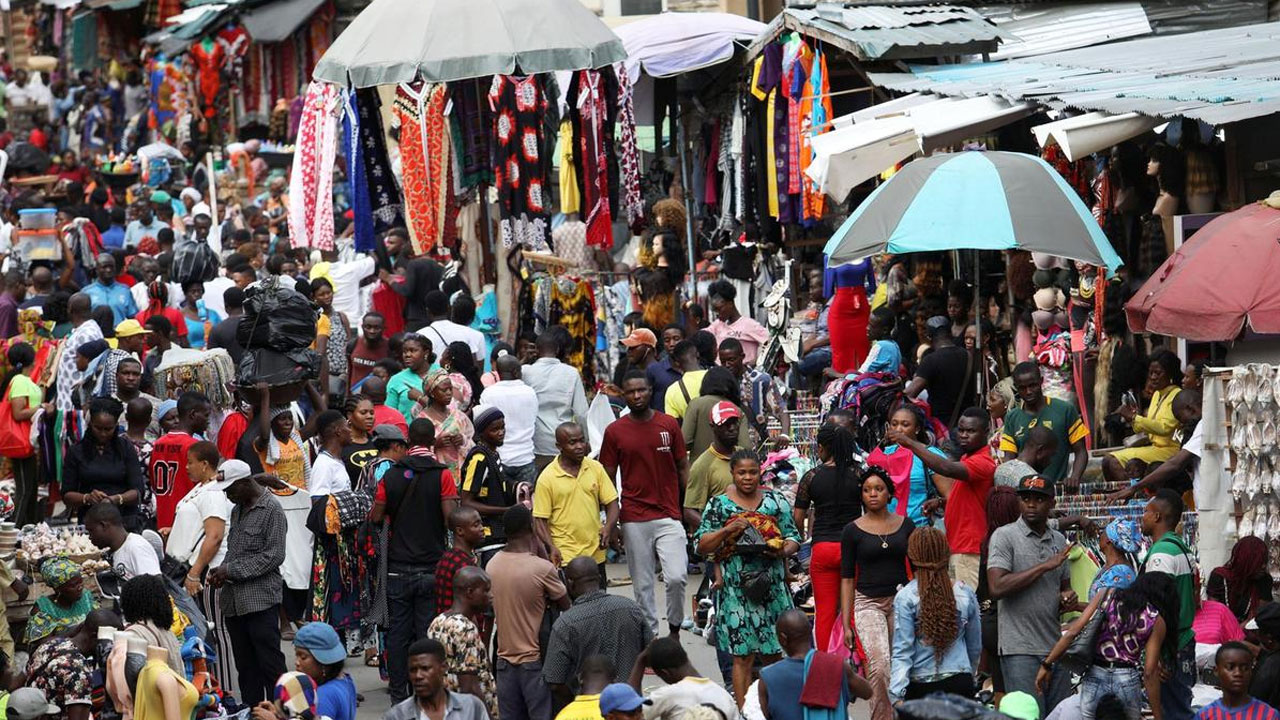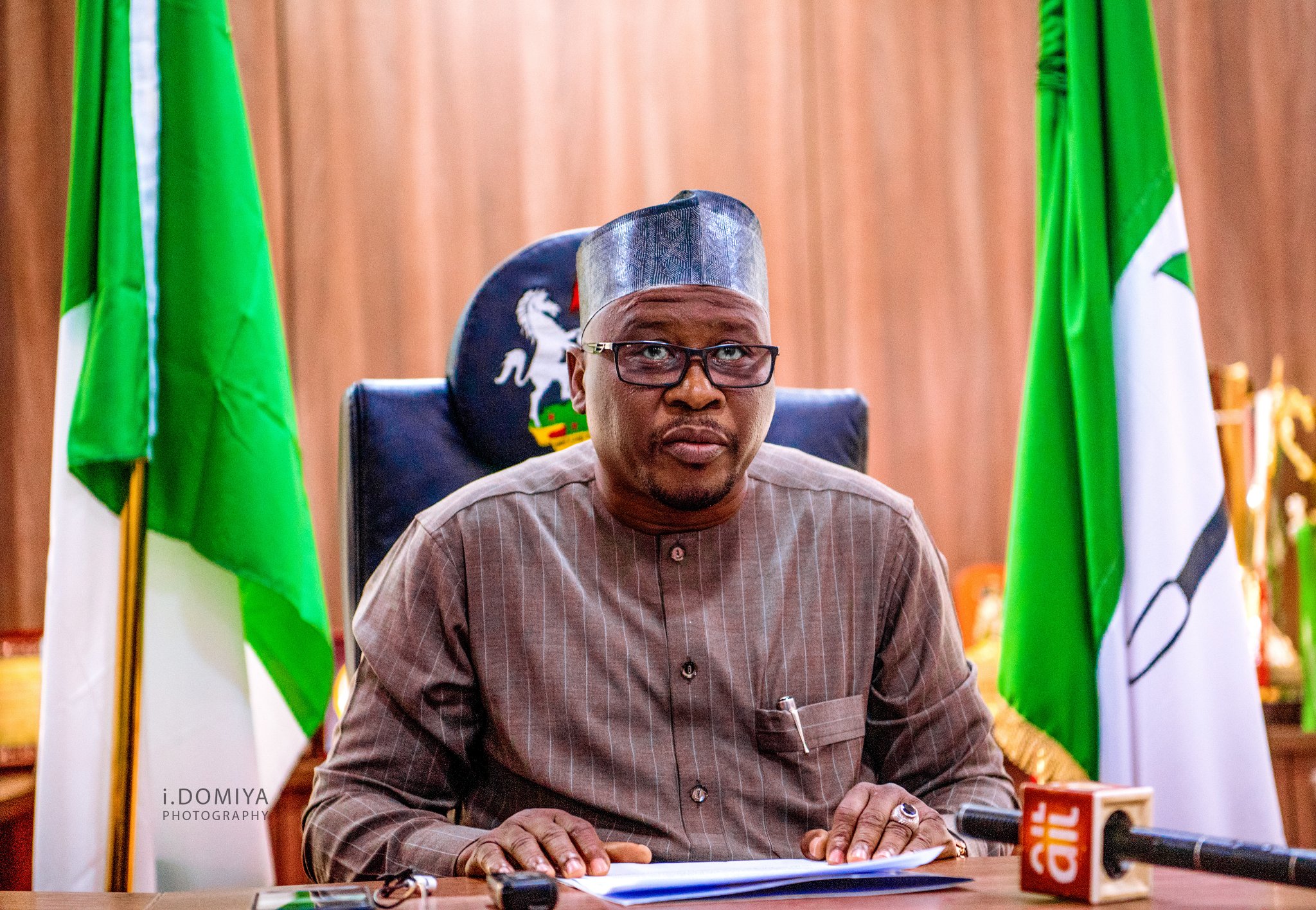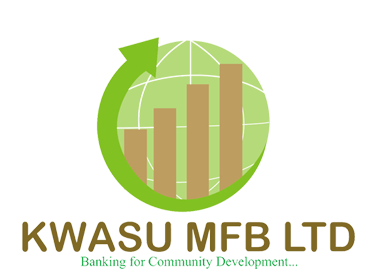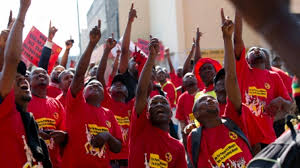Agriculture
Growing Inflation Eroding Purchasing Power of Nigerians

By Derrick Bangura
Most Nigerians are no longer able to afford major expenditures on discretionary or non-essential goods and services as inflation has continued to take its toll on their purchasing power, a new report by Fitch Solutions has shown.
Tagged: “Nigeria 2022 Consumer Outlook: Elevated Inflation Will Weigh On Consumer Spending,” the leading global market and credit intelligence firm made a forecast that real household spending will grow by 3.6 percent in 2022, a deceleration from the estimated 3.7 percent growth in 2021.
Discretionary spending refers to items such as recreation and entertainment, that consumers purchase when they have enough income left after paying the necessary expenses such as rent and utilities.
A THISDAY review indicated that last month, the consumer price index, which measures the rate of increase in the price of goods and services, jumped amid increases recorded in food and energy prices.
Last Monday, the National Bureau of Statistics (NBS) pegged the country’s urban inflation rate for April 2022 at 17.35 percent (year-on-year) while the rural inflation rate was 16.32 percent.
Nigerians have continued to complain as the value of the naira continues to depreciate and the cost of essential goods and services keeps skyrocketing.
“We note that Nigeria’s elevated inflation is a risk to our outlook for consumer spending in 2022 as it will negatively impact consumer purchasing power, limiting spending to essentials,” it stated.
However, it noted that despite the erosion of the value of the currency and associated inflation, total household spending in nominal terms will reach N150.9 billion in 2022, increasing from N128.5 billion in 2021.
In addition, it said that private final consumption is forecast to grow by 3.5 percent (in real terms) in 2022, consistent with the estimated growth of 3.5 percent in 2021, aided by rising oil production.
But the report noted that continued forex shortages and slow productivity growth in the agricultural sector, which it said employs almost 35 percent of the workforce, will prevent a sharper acceleration.
“Since the start of 2021, inflationary pressures have been rising in many countries globally, as base effects, higher commodity prices, and supply-chain challenges create localized shortages.
“The Ukraine-Russia conflict has also significantly impacted the global supply prices of key commodities, such as oil and gas, fertilizer, wheat, corn, and barley.
“The commodity price increases are already feeding through into higher consumer prices and will continue to do so over the year.
“We believe that rising consumer price inflation is a key risk to consumer spending over 2022, as it has the potential to erode purchasing power and shift spending away from discretionary spending,” it pointed out.
Nigeria’s consumer price inflation had been trending lower in recent months before elevating in April to 16.82 percent, worsened by rising commodity prices and the weakening naira which has increased the cost of imported consumer goods.
“In March 2022, Nigeria’s food inflation was 17.2 percent y-o-y due to increases in the price of bread and cereals, potatoes, yam, and other tubers, fish, meat and oils, and fats.
“Our country risk team forecasts Nigeria’s consumer price inflation to average 17.2 percent in 2022, slightly higher than the 2021 average of 17.0 percent y-o-y. The persistently high inflation will continue to negatively impact consumer spending power over 2022,” Fitch noted.
On the back of the Russia-Ukraine war, it stated that supply chain issues and bottlenecks resulted in consumer goods shortages, feeding through into supply-side inflation.
“ Fitch Solutions believes the global semiconductor shortage will continue…, putting pressure on the supply of several consumer goods,” it stressed.
According to the firm, the Ukraine-Russia conflict is placing significant supply pressures on key commodities, pushing up final market prices across a spectrum of consumer categories.
Earlier in the year, the World Bank predicted that Nigeria may have one of the highest inflation rates globally in 2022, with increasing prices diminishing the welfare of Nigerian households.
“In 2022, Nigeria is expected to have one of the highest inflation rates in the world and the seventh highest in Sub-Saharan Africa,” it said in its Nigeria Development Update.
According to the global financial institution, high inflation hampers the country’s attempt to achieve economic recovery and erodes the purchasing power of the most vulnerable households.
“High inflation is frustrating Nigeria’s economic recovery and eroding the purchasing power of the most vulnerable households. In the absence of measures to contain inflation, rising prices will continue to diminish the welfare of Nigerian households,” it said.
It projected that this could push 8 million Nigerians into poverty, with the possible disruption of consumption, investment, and saving decisions, among other consequences.
Agriculture
Fintiri Unleashes N2bn Boost for Farmers as Adamawa Rolls Out 2025 Agricultural Support Programme

The Adamawa State Government has launched the 2025 Agricultural Support Programme aimed at empowering smallholder farmers and enhancing food security across the state.
Commissioner for Agriculture, Prof. David Jatau, disclosed this on Friday while briefing journalists in Yola. He revealed that Governor Ahmadu Umaru Fintiri had approved a substantial N2 billion for the initiative, which targets increased agricultural productivity in the upcoming farming season.
According to Jatau, the programme—which is already underway—will provide subsidised agricultural inputs such as fertilisers, improved seeds, and other essential materials to farmers in six local government areas.
“The programme has already commenced in six LGAs—Madagali, Michika, Hong, Maiha, Demsa, and Ganye,” he said. “By next year, during the rainy season, we will extend the programme to the remaining LGAs.”
He explained that 300 hectares of farmland would be cultivated in each of the participating local governments, with 300 farmers benefitting per council.
To ensure fairness and transparency, Jatau said a multi-stakeholder committee had been constituted to oversee the beneficiary selection process. The committee comprises representatives of traditional councils, local government authorities, security agencies, youth groups, and women organisations.
“We are also equipping extension workers with training to offer farmers guidance on modern agricultural techniques for improved yield,” he added.
The commissioner noted that the intervention would not only increase food production but also generate employment, improve rural incomes, and contribute to economic stability in farming communities.
Jatau also revealed that the state government is collaborating with non-governmental organisations and agricultural development bodies, with over 2,700 hectares of farmland pledged by development partners for cultivation.
He reaffirmed the Fintiri administration’s commitment to achieving food self-sufficiency and urged beneficiaries to make the most of the programme.
Agriculture
KWASU Microfinance Bank disburses loan to farmers

The Kwara State University (KWASU) Microfinance Bank has provided loan facilities to farmer groups in and around Malete, Moro Local Government Area.
The Vice-Chancellor and Chairman of the Board of Trustees, KWASU Microfinance Bank, Prof. Jimoh Shaykh-Luqman, announced this while presenting offer letters to the farmers’ associations at a formal event held on the university campus.
Addressing the farmers, the Vice-Chancellor, represented by the Deputy Vice-Chancellor (Administration), Prof. Moshood Jimba, said the agricultural loan scheme aimed to support farmers in boosting food production and enhancing food sustainability.
“The loan is meant to support your farm operations, especially in the upcoming planting season,” he said.
Prof. Shaykh-Luqman reaffirmed KWASU’s commitment to its mantra of being a “University for Community Development,” leveraging its expertise and resources to initiate programmes that drive local development.
The Managing Director and Chief Executive Officer of KWASU Microfinance Bank, Alhaji Hakeem Hassan, noted that the agricultural loan scheme was piloted last year with 15 farmers as beneficiaries.
He added that the pilot scheme yielded positive results for both the farmers and the bank, as all beneficiaries successfully repaid their loans.
Following this success, he said, the scheme had been expanded to include more farmers under various farmers’ associations.
The News Agency of Nigeria (NAN) reports that the associations benefiting from the agricultural loan scheme include Alanu Agbelere Farmers Group, Agbedola Ketere Group, and Itesiwaju Agbe Group Omoni.
Others are Agbeloba Farmers Association (Malete Market), Agbeyewa Elemere Farmers Group, Agbe Olofeere Group, and Agbeloga Malete Farmers Group.
Speaking on behalf of the farmers, the Chairman of Agbeloba Farmers Association (Malete Market), Alhaji Mohammed Abdulrazaq, expressed gratitude to the university and the bank for their trust.
He pledged, on behalf of the beneficiaries, to utilise the loans effectively and ensure prompt repayment.
Agriculture
Kano Govt. implements N2.3bn livestock empowerment programme

The Kano State Government has begun implementing the second phase of its livestock empowerment programme valued at N2.3bn under the Kano State Agro-Pastoral Development Project (KSADP).
The Commissioner for Agriculture and Natural Resources, Dr Mamood Danjuma, disclosed this while addressing newsmen on Thursday in Kano.
Danjuma said the initiative aims to support beneficiaries with livestock, feeds, drugs, and salt lick to enhance their economic well-being.
According to him, 911 beneficiaries are being supported with two rams each, feed for three months, drugs and salt lick, while 2,386 women are being supported with two goats and a buck goat in the poorest households in the state.
He explained that the total package under the empowerment programme showed that 1,342 bulls were procured by the government at the cost of N560m, 1,822 rams were procured at the cost of N175m and 7,158 goats bought at the cost of N451m.
“Under the cattle scheme, each cattle gains 100kg over a period of 120 days. The fattening period is for 120 days, making three cycles possible in a year.
“As for the small ruminants fattening scheme, with the same 120-day fattening period yielding an extra 15kg/animal.
“The project promotes goats’ reproduction through women who will take care of the animals and sell the young ones to improve their income and standard of living,” he said.
He said that the programme promotes economic empowerment, particularly among women, by providing them with livestock to care for and sell, ultimately improving their income and standard of living.
-

 Headlines4 years ago
Headlines4 years agoFacebook, Instagram Temporarily Allow Posts on Ukraine War Calling for Violence Against Invading Russians or Putin’s Death
-

 Headlines4 years ago
Headlines4 years agoNigeria, Other West African Countries Facing Worst Food Crisis in 10 Years, Aid Groups Say
-

 Foreign4 years ago
Foreign4 years agoNew York Consulate installs machines for 10-year passport
-

 News1 year ago
News1 year agoZero Trust Architecture in a Remote World: Securing the New Normal
-

 Entertainment3 years ago
Entertainment3 years agoPhyna emerges winner of Big Brother Naija Season 7
-

 Headlines2 years ago
Headlines2 years agoNigeria Customs modernisation project to check extortion of traders
-

 Entertainment2 years ago
Entertainment2 years agoMovie download platform, Netnaija, announces closure
-

 Economy2 years ago
Economy2 years agoWe generated N30.2 bn revenue in three months – Kano NCS Comptroller



















